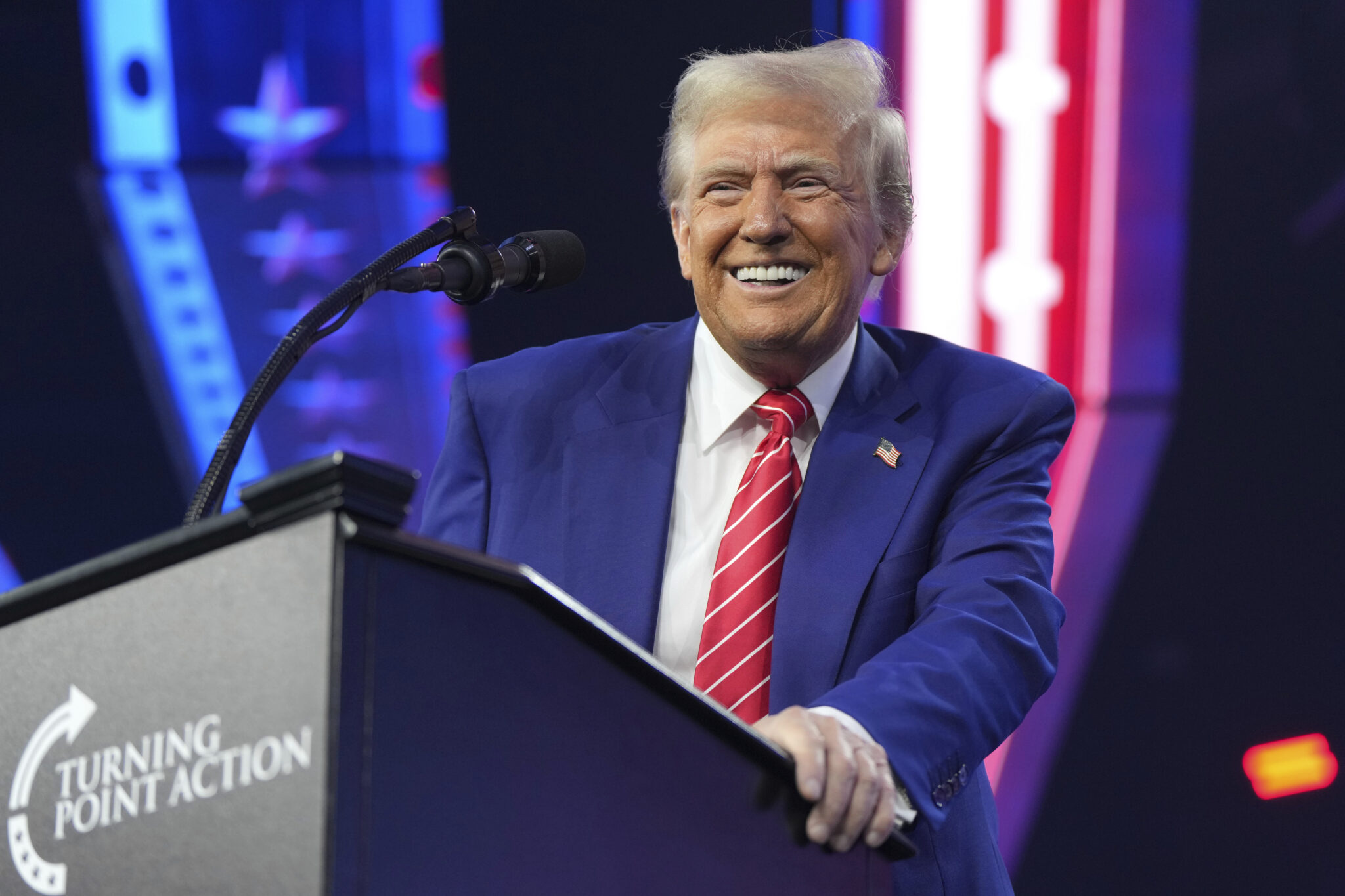
In February, consumer confidence in the United States sharply declined, reflecting a pessimistic attitude towards the economic outlook under President Donald Trump's administration. The signs of rising inflation, market fluctuations caused by tariff policies, and uncertainty about the future direction of the economy have made the American people increasingly concerned about economic development.
Firstly, after President Trump's victory in November, American consumers' confidence in the economy briefly increased. However, over time, economic uncertainty and the continuously rising cost of living have gradually eroded people's optimism. The rapid rise in prices still imposes a heavy burden on consumers. Many American families feel doubled pressure due to the continuously rising cost of living, and high housing prices make it difficult for many people to afford the cost of buying a house.
Secondly, the Consumer Confidence Survey conducted by the World Federation of Large Enterprises showed that the Consumer Confidence Index dropped from 105.3 in January to 98.3 in February. This value is far below economists' expectations and marks the largest monthly decline since August 2021. The decline in consumer confidence is mainly attributed to concerns about the continued rise in inflation and panic about the possible escalation of trade disputes. As these factors work together, consumers' confidence in the economic outlook rapidly deteriorates.
Furthermore, although the US economy appears to be growing under the support of low unemployment, the widening wealth gap has made the overall economic situation far less optimistic than it appears on the surface. For many Americans who are not at the top of the economy, financial pressure is increasing, and borrowing has become a means of maintaining basic life. Low - and middle-income families rely on credit cards to maintain their purchasing power, and the overdue repayment rate of credit card debt has exceeded pre pandemic levels. Economists point out that the debt problem highlights the financial difficulties faced by the lower class in the United States.
In addition, in early February, Trump announced tariffs on imports from major trading partners such as Mexico and Canada, and stated that he would take "reciprocal" tariff measures against any country that imposes tariffs on US exports. This move has sparked widespread concerns, with the American public generally skeptical of Trump's economic policies. A survey shows that over 70% of American adults believe that tariffs will push up commodity prices. Labor market economist Joseph Politano warns that imposing tariffs on Canada and Mexico will have a serious impact on the US economy, such as causing gasoline and grocery prices to rise, impacting key industries such as automobile manufacturing, and potentially triggering retaliatory measures against US exporters. This indicates that the Trump administration has failed to effectively curb inflation, contradicting its campaign promises and further exacerbating consumer concerns.
Overall, the implementation of tariff policies has raised concerns among economists. They pointed out that American companies may pass on higher import costs to consumers, thereby exacerbating inflationary pressures. In addition, tariff policies have also affected the Federal Reserve's interest rate decisions, leading to increased market expectations for future interest rate hikes. At the same time, the consumption patterns in the United States are also changing: the spending of the wealthy not only far exceeds that of the general public, but also largely supports the US economy. However, this trend of economic dependence on the consumption growth of high-income groups may lead to economic imbalances. When the consumption growth of the affluent class is faster than inflation, while the consumption ability of the general public fails to improve synchronously, the sustainability of economic growth will be challenged.
In summary, the sharp decline in consumer confidence in February indicates that the confidence of the American people in the economic outlook has been impacted by a series of factors, including a rebound in inflation, uncertainty in tariff policies, and the increasingly widening wealth gap. Although the US economy still maintains growth on the surface, the actual situation is not optimistic. In the future, if the government fails to take effective measures to alleviate the financial pressure on the public, reduce inflation, and stabilize market sentiment, the US economy may face greater challenges.

報告顯示,中國電力投資加速增長,預計2024年電網基建投資將超過5300億元。
近日,市場迎來了一則引人注目的消息:工業巨頭3M公司(MMM.N)在本周五公布了其季度業績報告,隨後股價飆升至近兩年來的
最近,外媒給OpenAI算了筆賬,今年可能要血虧50億美元。
近日,巴黎奧運會和世界鐵人三項協會聯合發布了一項重大決定,宣布因塞納河水質污染問題,原定於近期進行的奧運會鐵人三項首次下
當地時間7月18日,法國巴黎發生了一起令人震驚的持刀襲警事件。
近期,一則重大消息在國際舞臺上引起軒然大波,馬來西亞宣布加入金磚國家。
調查發現,互聯網和智能手機的使用幹擾了韓國近五分之一學生的生活。